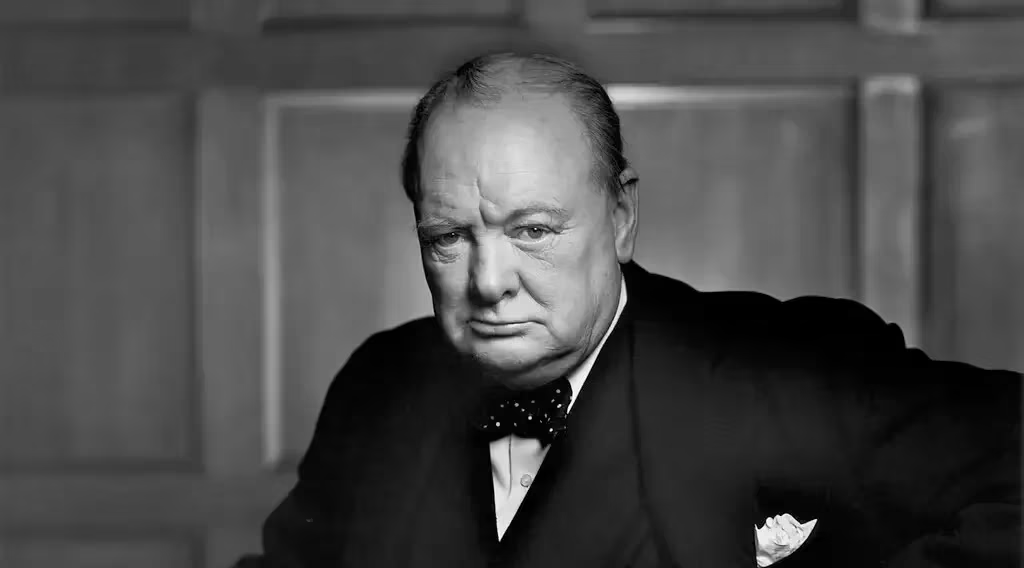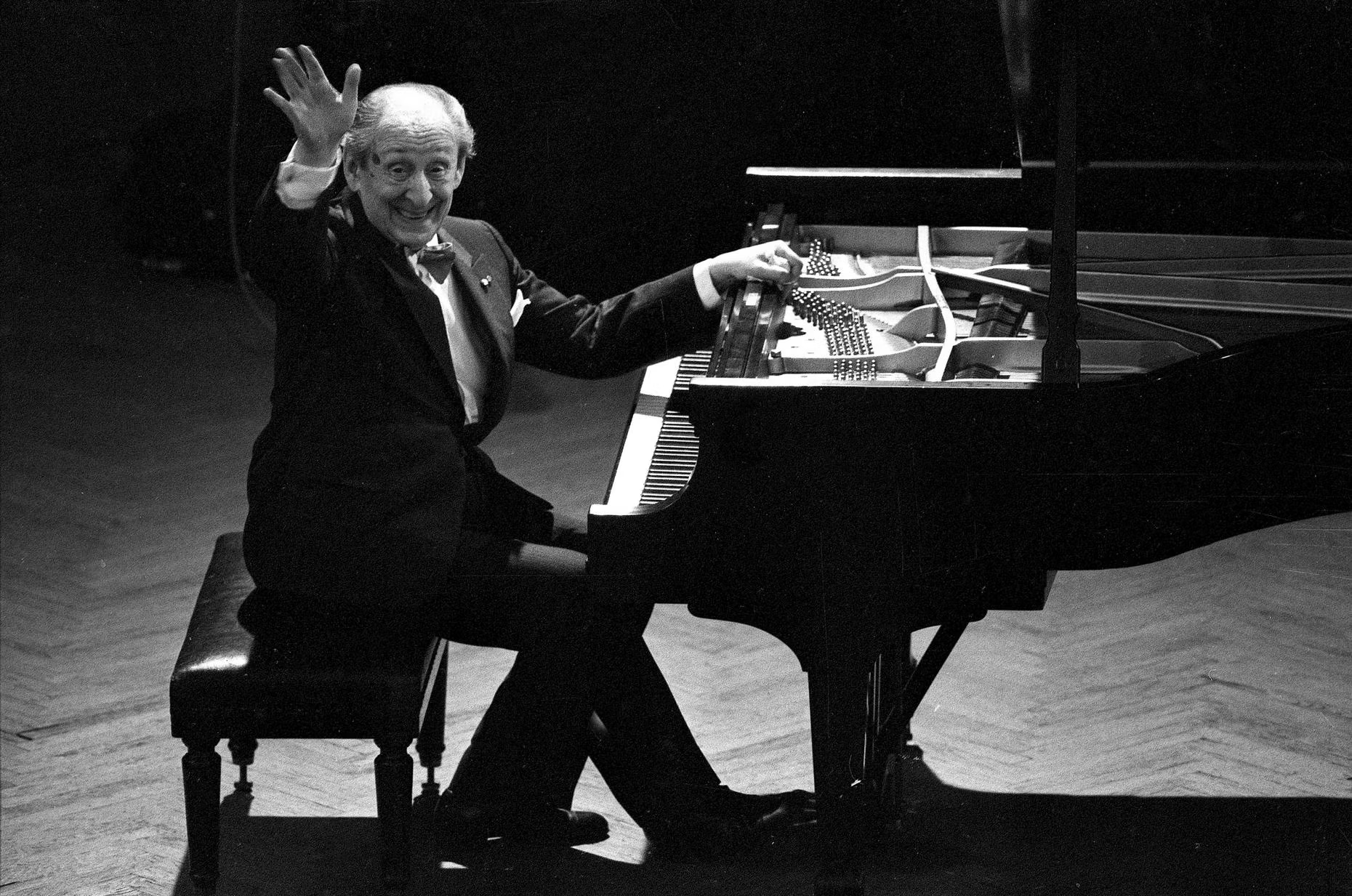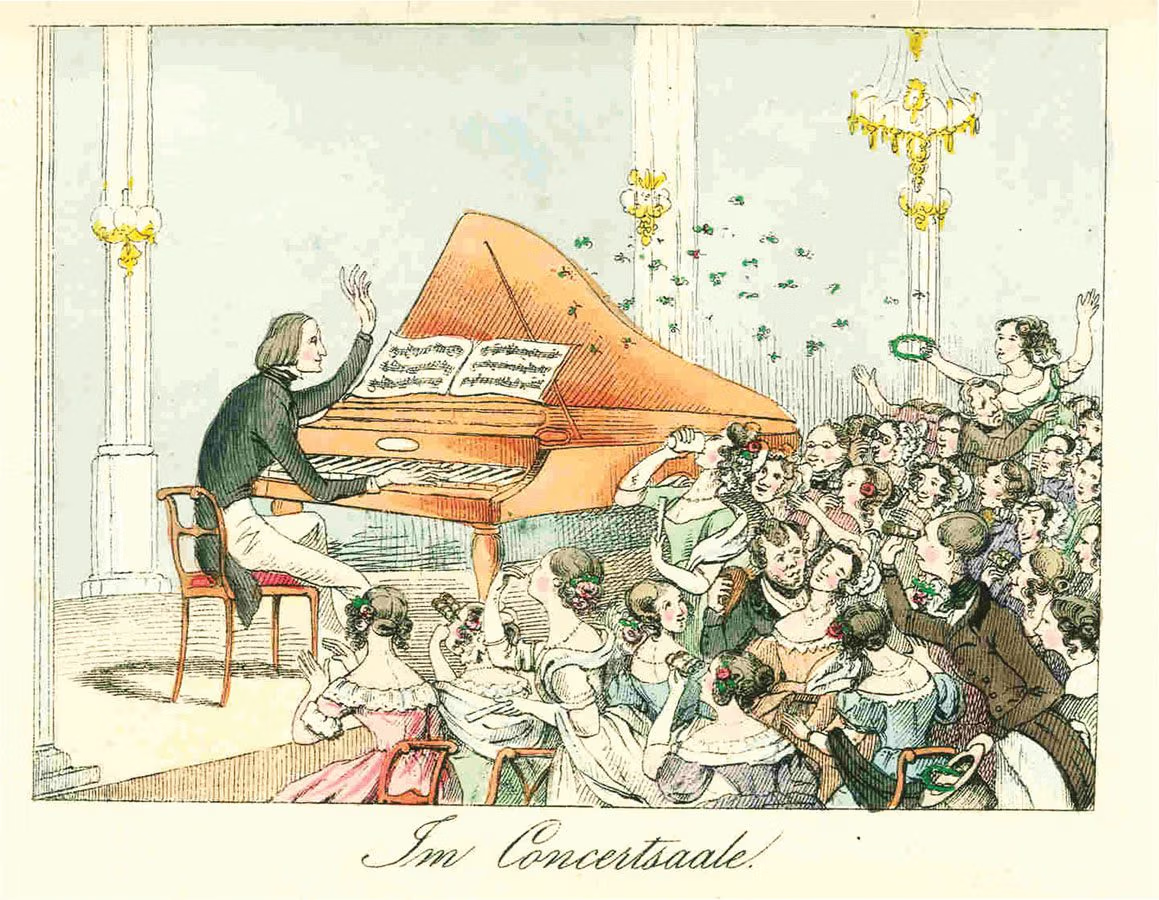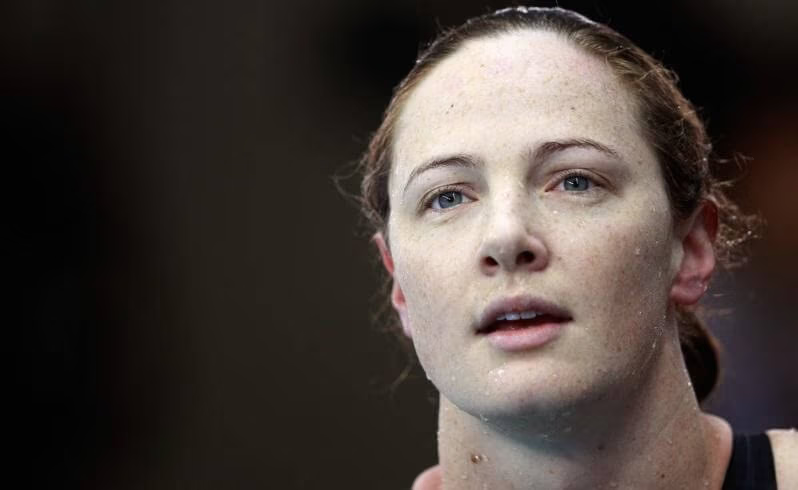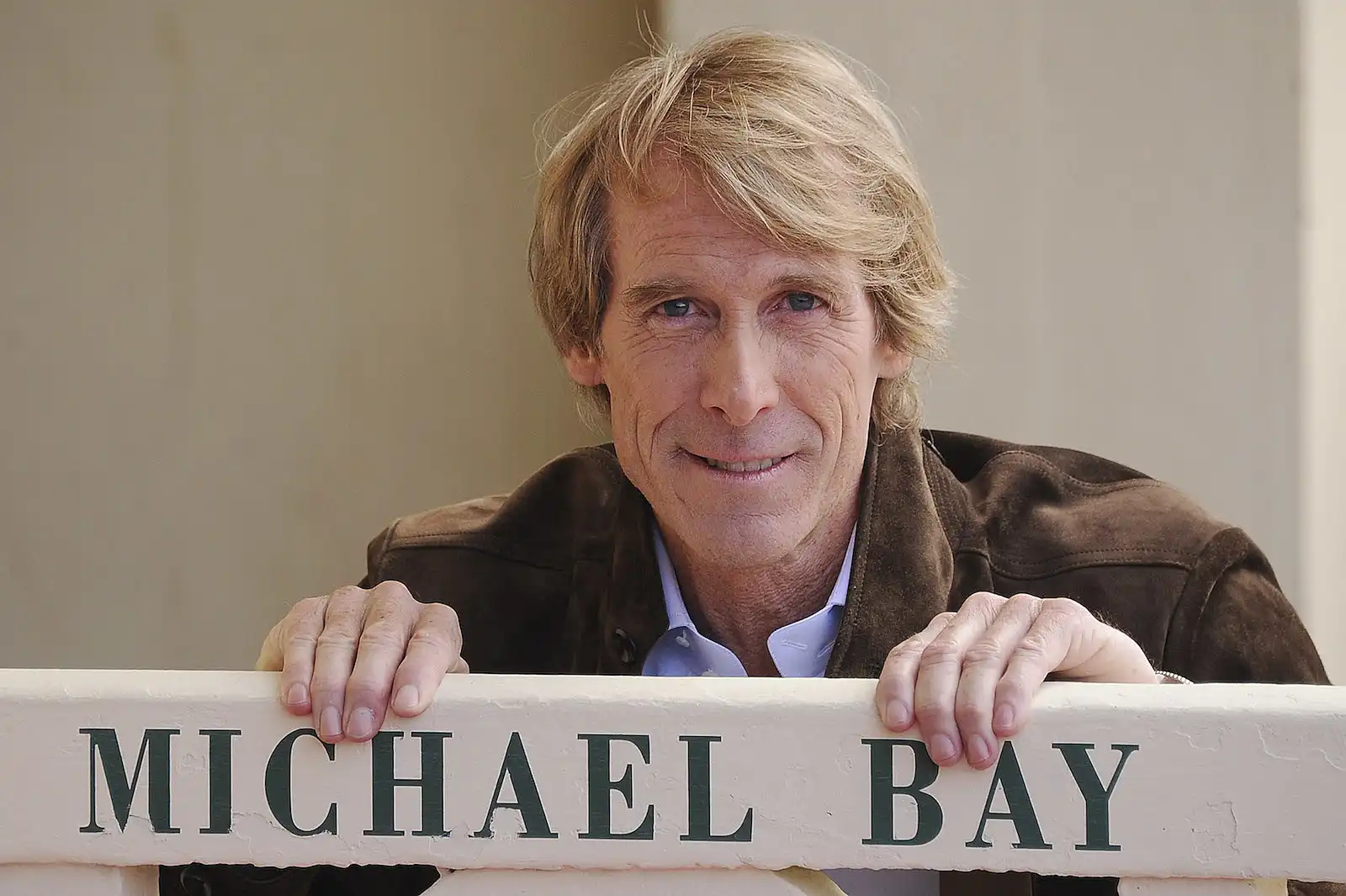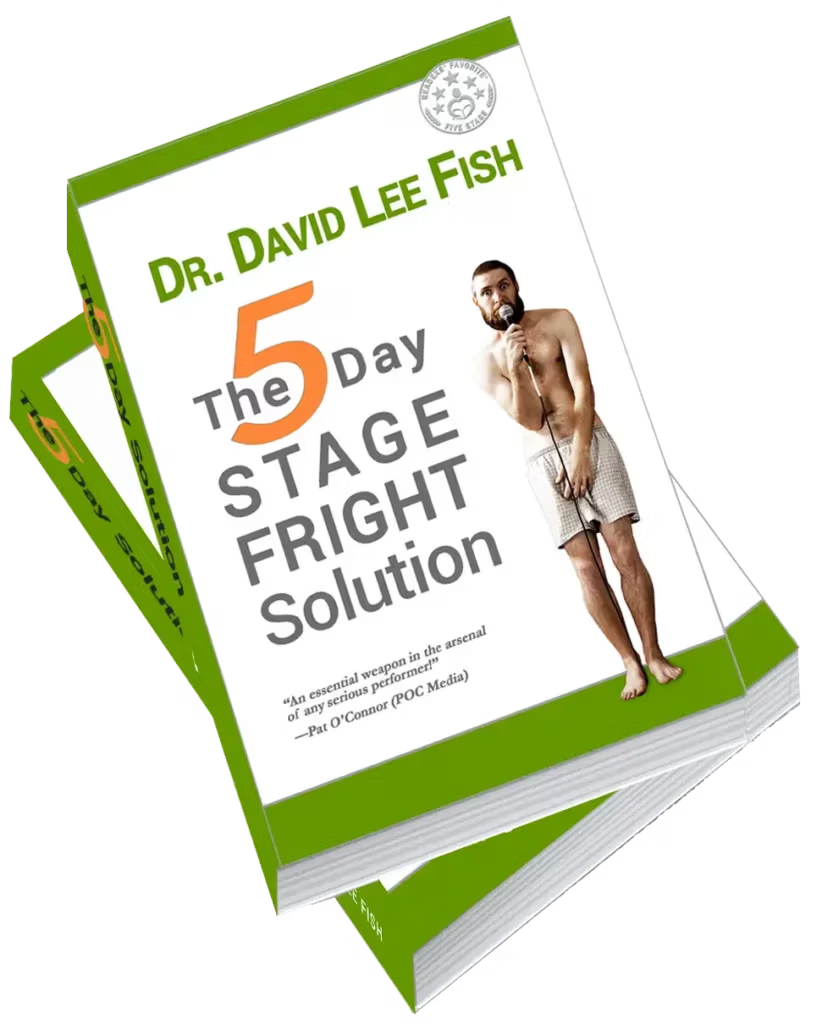Winston Churchill's Fear of Public Speaking
Did you know that one of history’s greatest orators once froze completely during a speech in Parliament? Winston Churchill, renowned for his powerful speeches that moved nations, battled an intense fear of public speaking early in his career. Let’s take a look at Winston Churchill’s Fear of Public Speaking.
People think about Churchill’s speeches as the pinnacle of political oratory. Yet very few know about his remarkable experience from a terrified speaker to becoming skilled at communication. His transformation wasn’t magical or instant. He achieved it through specific techniques and relentless preparation that you, too, can learn from.
The story reveals Churchill’s struggle with speaking anxiety and the exact methods he used to overcome it. You will find his preparation techniques and delivery secrets and learn how he turned his greatest fear into his most powerful weapon.
Churchill’s Defining Moment of Failure
Winston Churchill’s public speaking fear found it’s defining moment in the spring of 1904. He addressed the House of Commons with confidence for forty-five minutes until his mind went completely blank. Churchill later described this as “the most embarrassing 3 minutes of my life,” as he stood frozen and unable to recall his next words.
The scene was painful to witness. Churchill’s face turned red as he repeatedly stammered, “And it rests with those who…” His inability to continue or switch to another point led to merciless heckling from his fellow Parliament members. His confidence shattered, he finally slumped into his seat and buried his face in his hands.
Churchill’s early speaking challenges made this outcome somewhat predictable. He faced several obstacles:
- A speech impediment that made his “s” sounds especially difficult
- A naturally monotonous voice that lacked variation in pitch or pace
- No natural talent for spontaneous speaking
This whole ordeal became the spark that transformed him. Churchill made a life-changing decision – he would never let himself face such humiliation again. His new strategy involved writing every word meticulously and keeping his notes close at hand.
Churchill’s reaction to this failure proved remarkable. He refused to let this setback define him and instead used it as fuel to develop the detailed preparation methods that would make him one of history’s most powerful orators.
The Churchill Method of Speech Preparation
Churchill’s humbling experience in Parliament sparked the development of the “Churchill Method” – a detailed approach to speech preparation that revolutionized him into a legendary speaker. The time he spent preparing speeches was remarkable. He dedicated about an hour of preparation time to each minute of speech delivery.
His preparation process showed unmatched attention to detail. He dictated to his secretaries as he paced and smoked cigars. The text needed to be typed in “Speech Form” with staggered lines resembling poetry. Churchill made several revisions until each word shined perfectly. He practiced passages repeatedly, even during his baths.
Churchill’s method stood out because of his focus on performance details. The core team referred to his special formatting as “psalm style” – a format with broken lines and strategic spaces that guided his pauses, hesitations, and emphasis points.
Churchill’s speeches might seem spontaneous at first glance. The reality was different – each word, pause, and apparent stumble was orchestrated carefully. His notes included specific stage directions like “pause; grope for word” and “stammer; correct self”. Those famous “impromptu” witticisms? He prepared most of them ahead of time and saved them to use at the perfect moment.
His commitment to practice was remarkable. He recited speeches out loud with dramatic gestures and thumped furniture to emphasize points. Churchill used every chance to refine his delivery, whether in his private cinema or during daily baths.
Mastering the Art of Delivery
Churchill stood out not just through careful preparation, but through his exceptional skill with delivery techniques. He gave more than 2,500 speeches throughout his life. Each speech naturally combined theatrical elements with genuine audience connection.
A powerful speaking presence must do more than just deliver content – it needs to grab attention, just like Churchill did. These elements made his delivery unforgettable:
- Strategic Pauses: He became skilled at using loaded pauses. His silence created dramatic effects and let messages sink in
- Voice Modulation: His style mixed powerful oratory with casual, conversational tones
- Facial Expressions: His face told the story as much as his words did, from stern determination to well-timed humor
Churchill could naturally switch between different speaking styles, which made him so effective. His voice wasn’t pleasant by nature, but it carried clear conviction and sincerity. He added humor and witty remarks even during serious speeches to keep his audience interested.
Your delivery should flow like music with its own rhythm and tempo. Churchill built his speeches more like blank verse than prose. He planned each pause, emphasis, and voice change to create the strongest effect possible. His speeches appeared on paper in ‘speech form’ with staggered lines. This layout showed him exactly where to pause or emphasize words.
Note that great delivery needs more than just voice and gestures – your personality must shine through. Churchill prepared thoroughly, yet his delivery stayed spontaneous. He brought words to life through what people called an “exhilarating and forceful personality”.
Conclusion
Churchill’s experience transforming from a stammering parliamentarian to one of history’s greatest orators shows that speaking excellence comes through dedication, not natural talent. His response to early failures created a speaking approach that inspired millions and changed the course of history.
You can follow Churchill’s path to become skilled at public speaking. Combining thorough preparation, strategic delivery techniques, and consistent practice will help you overcome speaking anxiety. Churchill dedicated an hour of preparation for each minute of speech time, which proves that masterful oratory needs commitment rather than natural ability.
Just as Churchill turned his weaknesses into strengths, you can develop your unique speaking style through careful preparation and focused practice. His legacy shows us that speaking power comes from authentic conviction and thorough preparation.
FAQs
Here are five frequently asked questions about Winston Churchill and public speaking, including his speech fright:
Here are five frequently asked questions about Winston Churchill and public speaking, including speech fright:
Q: Did Winston Churchill have a fear of public speaking?
A: Yes, Churchill experienced speech anxiety early in his career. In 1904, as a new Member of Parliament, he froze completely during a speech in the House of Commons, standing silent for three minutes before sitting down in embarrassment. This experience became a turning point, motivating him to improve his public speaking skills.
Q: How did Churchill overcome his fear of public speaking?
A: Churchill overcame his fear through:
– Meticulous preparation: He spent about an hour preparing for each minute of speech delivery.
– Extensive practice: He rehearsed speeches aloud, even while bathing or pacing in his room.
– Developing a unique method: He created the “Churchill Method,” which included writing speeches in a special “psalm style” format.
– Continuous improvement: He spent years refining his delivery techniques and word choices.
Q: What were some of Churchill’s key public speaking techniques?
A: Churchill employed several techniques to enhance his speeches:
– Using short, powerful words for maximum impact.
– Incorporating dramatic pauses and changes in tempo.
– Employing repetition and alliteration for memorable phrases.
– Combining grand oratory with conversational tones.
Q: Did Churchill’s Speech Anxiety continue throughout his career?
A: Yes, even after becoming an accomplished orator, Winston Churchill’s public speaking fear continued. He once admitted to being “nervous as anything” before a speech. However, with his prepared text at hand, he was always able to deliver powerful speeches despite these feelings.
Q: Did Churchill use speechwriters?
A: No, Churchill did not use speechwriters. He dictated all his own speeches, sometimes writing them out in longhand. He spent considerable time crafting and revising his speeches personally.









